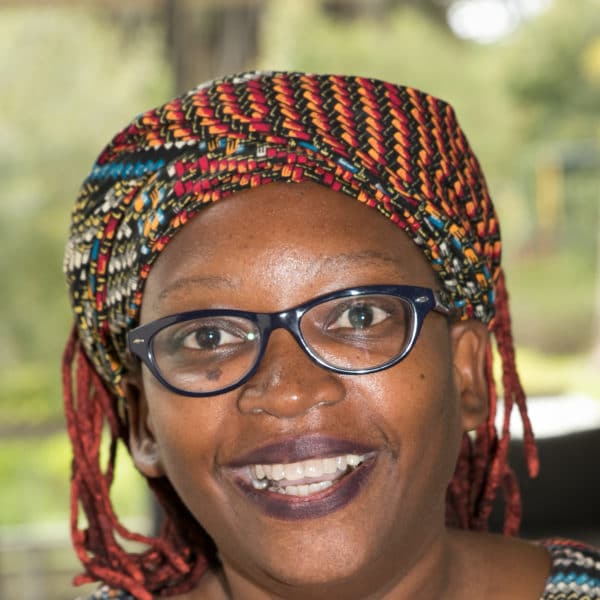How do parliaments think about sexualities, sexual citizenship, sexual rights and sexual norms over time and space within the African continent? What factors affect, shape, challenge and change the thinking about gendered sexualities within a post-colonial House of Parliament in Africa? Why do Members of Parliament formulate specific laws governing diverse aspects of human sexualities?
I will trace, describe and analyse the trajectory of thought(s) within the Ugandan Parliament about gendered sexualities since its formulation during the British colonial era, through independence and to the present. It is important to understand the longer historical trends and broader contextual depths of parliamentary decisions about different gendered sexualities as a precursor to explaining the contemporary legislative regime in Uganda which passed the Anti-Homosexuality Act (2014), Anti-Pornography Act (2014), and introduced different clauses restricting gender and sexual diversities within proposed bills such as the Registration of Persons bill (2015), the Prevention and Control of HIV/AIDS bill, etc. I will examine the changing patterns and configurations of power within the thinking about sex and gender within the articulations of legislators comprising Uganda’s Parliament over the years.
Comparing historical developments and contextual diversities of parliaments’ thinking about gendered sexualities within other relevant countries including Nigeria, Senegal, Cameroun, Gambia, Mali, Ethiopia, Kenya, Malawi, Mozambique, South Africa is also envisaged.

